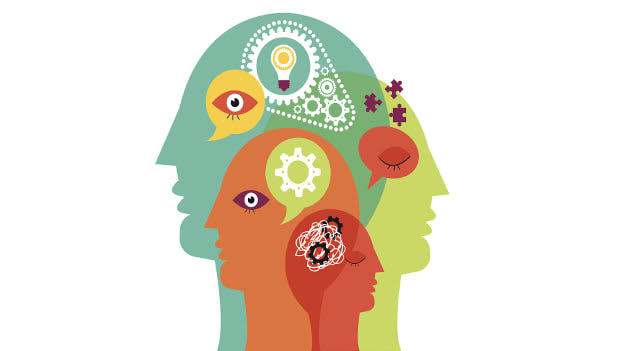Up-skilling the HR team: Key trainings to keep up with the digital transformation

A couple of years ago, I and a few fellow CHROs had the occasion to visit a premier HR B-School as industry advisors. We were pleasantly surprised by the course curriculum – it had courses on Data Science, AI, Social media, among others. In the course of the open-house interactions, one bright hand went up – “what will be the critical skills needed for HR digital transformation?” As “Subject Matter Experts”, I thought our answers were text-book perfect – it ranged from learning agility, to communication, creativity and problem solving to mastery over data and design thinking. Clearly the course designers also had the same thoughts and hence the “twist” to the course curriculum.
But somehow the question stuck in my mind.
I came back to work and took a very hard look at the way we, in HR, are currently working while we are undergoing the process of “digital transformation”. I spoke to HR leaders of organisations which are undergoing digital transformation and the kind of works they are expected to do. I compared it to what we were expected to do almost two decades back.
It looked as if many things have changed – now we recruit through social media, try to drive learning through digital medium, have seamless tech-enabled HR systems to manage Talent and Performance, and so on. But have things really changed so much?
The answers were unsettling – behind the “façade” of technology, and digital transformation, I realised, HR is still pretty much built on the same principles, assumptions and philosophy that existed 2 decades back. We still rely on Interviews (oh yes, we have robotic interviews too) for selection, we still train employees for behaviour change, we still primarily rely on “Judgements” of leaders for people decisions (by the way, Assessment Centres or Psychometric tests were very much in vogue then), and so on.
It was all very unsettling – I felt we “misled” the B-School students when asked about skills of HR for digital transformation. Perhaps a more truthful answer would have been – “Don’t worry, you will need pretty much what we needed 20 years back and we are sure you will pick it along the way, even for digital transformation, the way we picked up”.
But is the truth so simple? If we define the future as the next 5-10 years, maybe the answer would remain valid. Maybe Google would achieve really break-through thinking (read “digital transformation”) in HR, but the larger HR community would continue “incrementally” leveraging technology in the same way as we have done in the past.
However, what about the future after 30 years?
Firstly, we must understand that digital transformation is happening because various disruptive forces have come together to transform the way we do business. Defining the end of digital transformation is like defining the future.
In this context, we have to consider the fact that, till now, HR has not really leveraged the tremendous advancements that have happened in all disciplines across the world, the very forces that are driving digital transformation. For example, opinions, views and actions of millions of people are being influenced through a combination of Big Data, and Neuroscience and Behavioural Economics in various areas ranging from politics to consumer behaviour – then how come we never use learning of those in driving cultural changes? It is possible now to plant memory in the minds of people – so is there a way we can use it for leveraging employee learning? It is now possible to understand individual preferences of millions of people and deliver mass-customised solutions – but why do in HR we still grapple with employee-category wise approaches for various things? The possibilities that the new advancements offer are limitless, but as an HR function, we still don’t see it that way.
When we ourselves are unable to appreciate this, how will we ever “support” others in digital transformation? What skills do we need to develop?
The most important thing would be to develop a 360-degree vision – continuously being aware of the major forces being unleashed across various fields and derive the implications for HR. In other words - being a “Polymath” if you will. This will need boundless curiosity and openness, and collaboration.
Also, the fundamental role the HR will play may undergo a change in many respects. For example, the classical talent advisory role played by HR will most probably be taken over by data science and other advancements. They will give unprecedented data and insights into the personalities of people including capabilities, motives, preferences, etc. which will make people decisions much more scientific and autonomous. It will be very interesting to see what role HR will play in a situation like this. And as if that is not enough, they have to adjust to it while they are expected to “help” others in the organisations transition to a similar magnitude of change. Empathy will be a key skill in such situations.
Exactly what will be required in terms of skills will be almost impossible to predict since this will be an outcome of what digital transformation will do to the workplace landscape in the medium-term future, let’s say, 2050. And as all of us know, predicting that is impossible. Mankind has undergone tremendous changes in the past and will continue undergoing it. And the adaptability and ability to learn has ensured that mankind has always won over everything in the end. The only thing that can be safely said is, if anything, these skills will be even more in demand in times to come.












